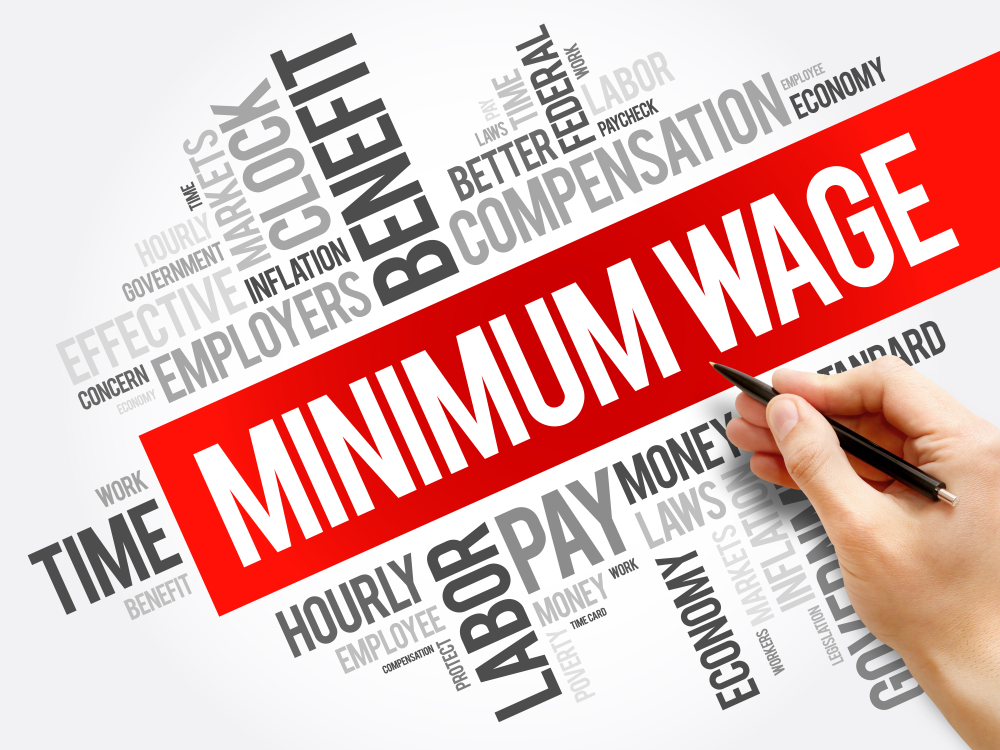Since the first national lockdown in March 2020, the government have implemented a variety of schemes to provide financial support to businesses and workers throughout the UK.
2020 saw a record number of redundancies, and one of the hardest hit brackets was 16-24-year-olds. What’s more, one of the most affected sectors is the leisure and hospitality industry who are heavy recruiters of this age bracket. Thousands of young people also left full time education last year with limited employment prospects. As such, the government launched a £2 billion fund aimed at generating more employment opportunities for young people. Introducing: the COVID-19 Kickstart Scheme.
What is the COVID-19 Kickstart Scheme?
The scheme is specifically aimed at young people between 16 and 24, who are currently claiming Universal Credit and may be at risk of long-term unemployment. The government will fund 100% of job placements for young people, covering national minimum wage for 25 hours a week as well as national insurance and pension contributions so there is no cost to the business. You can choose to offer more than the national minimum wage, and more than 25 hours per week, however this won’t be covered by government funding and you will have to pay the difference.
How Does the Scheme Work?
Any organisation, no matter how big or small, can apply to the scheme. There are however some criteria that the placement must meet:
- It must last at least six months and be for at least 25 hours work per week.
- The placement must not be for a role that has already been advertised.
- The placement must not cause existing employees or apprentices to lose their job or have their employment reduced.
- The role shouldn’t require extensive training before the placement can start.
- It must include support for young people to help them get work after they finish (if they’re not taken on longer term following the placement).
How Do I Apply?
The scheme was officially launched in September 2020 and is expected to continue until at least December 2021. When the scheme first launched there was initially a caveat that employers would have to offer a minimum of 30 placements to qualify for the scheme. However, as this was ruling out many smaller employers, the government has recently removed this requirement.
To apply for the scheme, you can either do so online yourself or you can seek the assistance of a Kickstart gateway who is already working with the Kickstart scheme. A Kickstart gateway can be any type of organisation, but one that already has a Kickstart Scheme grant agreement in place, which they can add employers and job placements onto. More information can be found here.
What are the Benefits to my Business?
It’s clear that the COVID-19 Kickstart Scheme will help a lot of young people get back into employment, but this is also a great opportunity for businesses and employers. As the placements are fully funded by the government, businesses can benefit from an increase in skills and support, with no additional cost. There isn’t a long term commitment to provide roles after the 6 month placement has been completed, and providing all the necessary criteria are met, each employer will receive a £1,000 grant for every successful job placement.
How Can We Help?
If you are considering taking part in the COVID-19 Kickstart Scheme and as such may be dealing with an increased workforce, let your payroll be one less thing for you to worry about.
Want to find out more? Our friendly, knowledgeable team are on hand ready to help talk you through the best options for you and your business.
Contact us today to discuss your payroll solutions and what we can do for you.


